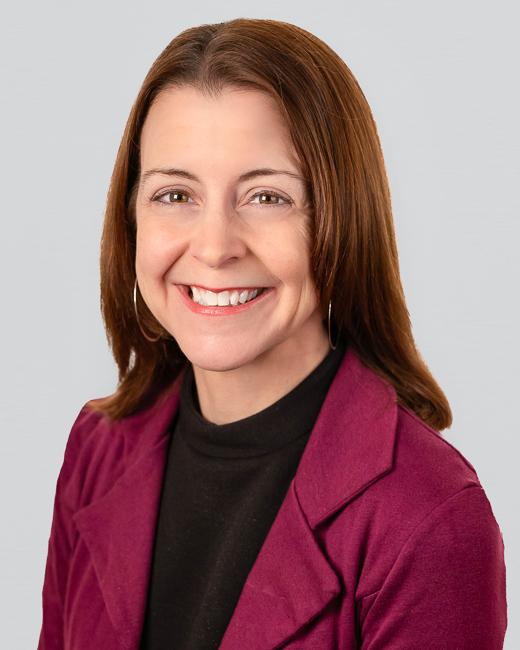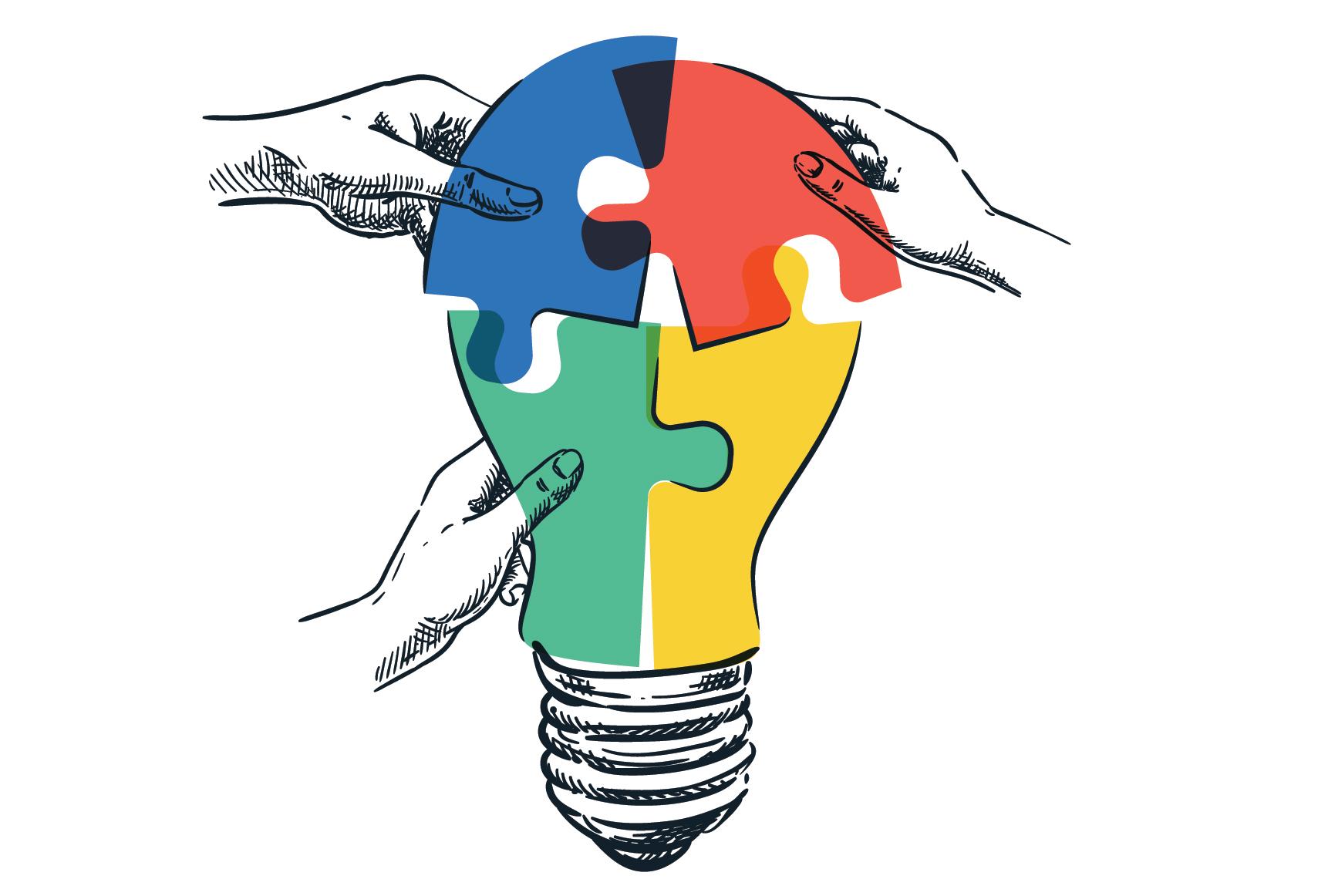
Suzanne Bouffard
Senior Vice President, Communications & Publications
Suzanne Bouffard is senior vice president of communications and publications at Learning Forward. She is the editor of The Learning Professional, Learning Forward’s flagship publication. She also contributes to the Learning Forward blog and webinars. With a background in child development, she has a passion for making research and best practices accessible to educators, policymakers, and families. She has written for many national publications including The New York Times and the Atlantic, and previously worked as a writer and researcher at the Harvard Graduate School of Education. She has a Ph.D. in developmental psychology from Duke University and a B.A. from Wesleyan University. She loves working with authors to help them develop their ideas and voices for publication.
All Articles
-
How district size matters to the principalship
More than 70% of school districts in the U.S. serve fewer than 3,000 students (NCES, 2022), and a recent study found that those districts are less likely than larger districts to provide school principals with the supports to be effective leaders (Diliberti et al., 2024). This has concerning implications for […] -
The upside of transitions
Turnover and transition are facts of life in schools. Although these trends create challenges, they have some positive sides as well, including professional growth. Many educators change roles, schools, or focus areas at some point in their careers because they want to learn and deploy new skills or broaden the […] -
State education agency leads the way on professional learning
Carey Wright is the Maryland state superintendent of schools and the former superintendent of education in Mississippi. Previously, she served in several district leadership roles in the District of Columbia and in Maryland’s Montgomery County Public Schools. She has served on both the National Assessment Governing Board and the board […] -
Whether you’re a student or an educator, learning designs matter
Think of a great learning experience you’ve had, either as an educator or as a student. You probably remember what you learned and how it changed your thinking or your actions. You probably also remember how you learned it. Maybe it was a hands-on physics lab that showed you what […] -
Build bridges with student success in mind
As we head into 2025, building bridges is a timely theme for Learning Forward. Not only are we bridging the work we’ve been doing this past year with the future to ensure sustained access to high-quality professional learning, but we’re reflecting on the many bridges we all need to build […] -
The art and science of curriculum-based professional learning
For the past five years, one of The Learning Professional’s most popular articles has been a piece from December 2018 called “Teaching is an art — and a science” (Bouffard, 2018). The piece, and the issue in which it appeared, were part of Learning Forward’s commitment to increasing the emphasis […] -
‘It’s not about perfection; it’s about reflection’: Q&A with Juliana Urtubey
Juliana Urtubey, the 2021 National Teacher of the Year, is an advocate for a joyous and just education for all students. Trained as a bilingual special education teacher, she is now a program director at the Arizona K12 Center, a board member for the National Board for Professional Teaching Standards, […] -
Success stories highlight how educators can pivot
Whenever I hear the word “pivot,” I think of a move that’s common in many dance forms. You put your foot forward and push off of it to turn your body. A pivot can be a quarter turn or a half turn, but not a full turn. You end up […] -
Today’s challenges require global collaboration and innovation
Learning Forward is proud to be an international community and to work with The Learning Professional authors and readers from around the world. In this issue, we celebrate that and focus on how we can learn from each other across geographical boundaries and cultures. Often in education, we focus on […] -
Learning from education systems around the world: Q&A with Anthony Mackay
Anthony Mackay is a leading voice in global education policy, research, and development who has advised organizations, governments, and school systems on nearly every continent. The Learning Professional recently spoke with him about how countries can learn from one another to improve professional learning, the educator workforce, and outcomes for […]











